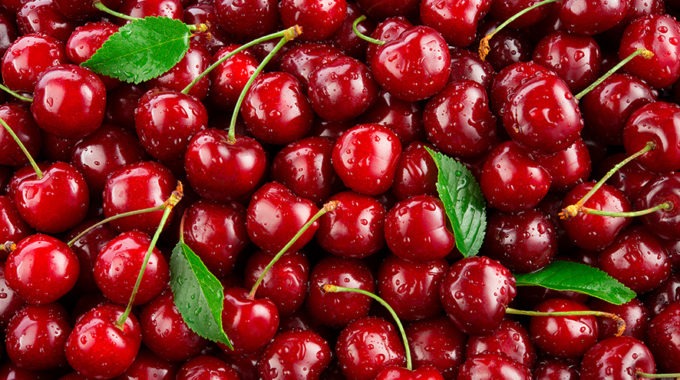Fruit news: imports, exports & e-tongues
A university student’s research project examining blueberry quality is using some interesting new technology, citrus growers have expressed serious concerns about a proposed new import agreement, the banana industry has acknowledged the work of its best and brightest and new figures show that Tasmanian cherries are making some serious waves overseas. Check out some of the latest news from the Australian fruit industry below.
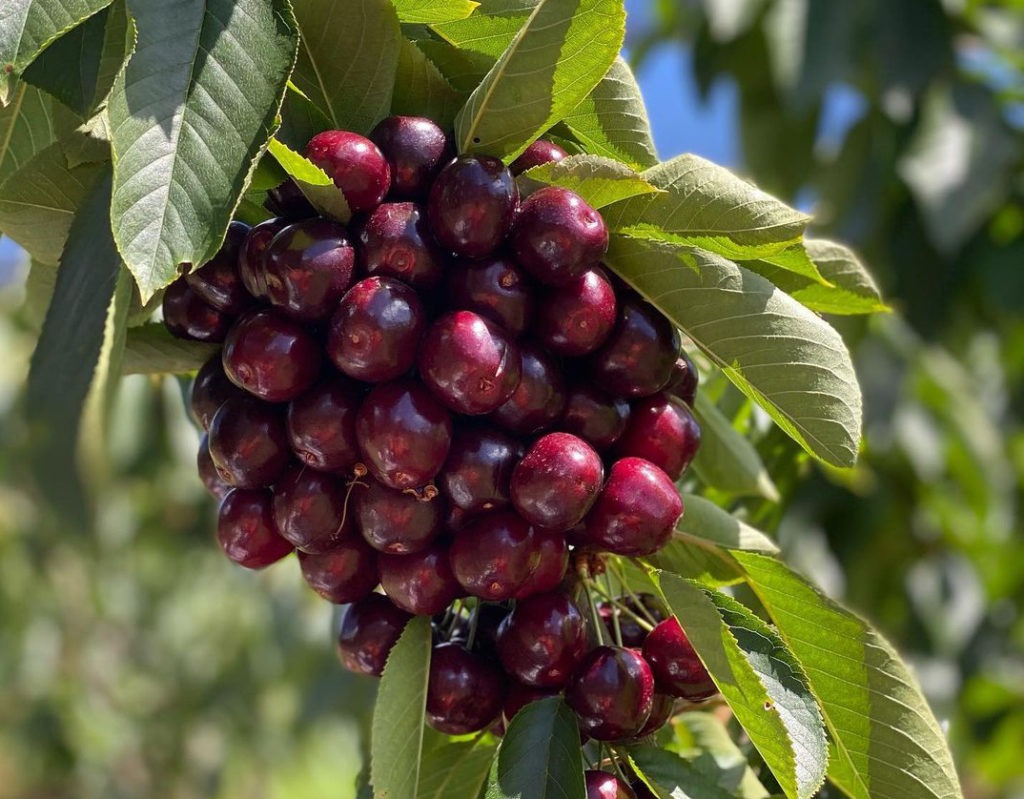
Tasmanian cherry exports up 40 percent
The latest figures are in. They show that Tasmanian cherry exports in the 2020/21 season were up 40 percent on the previous year. It’s the second-largest year on record.
“For the Tasmanian cherry industry to perform so strongly during the pandemic is a great credit to the many years of hard work by our growers,” says Fruit Growers Tasmania CEO Peter Cornish. “Despite challenges from a shortage of workers, meeting COVID-19 requirements and restricted air freight availability, a 40 percent increase is a tremendous outcome for the industry and the Tasmanian agriculture sector.”
Tasmanian cherries lead exports nationally. Fifty-one percent of Australian cherry exports come from the small state – more than all the other states put together. Worth $43.6 million to the economy, the largest market for Tasmanian cherries by volume and value is Hong Kong. Key markets also include Vietnam, Taiwan, China and Thailand.
“Our top three markets saw strong growth, increasing by more than 50 percent,” Cornish says. “Dedication to quality by our growers, with a longer growing season in the cleanest air and healthiest soils in the world, is a key reason why our cherries are in such demand.”
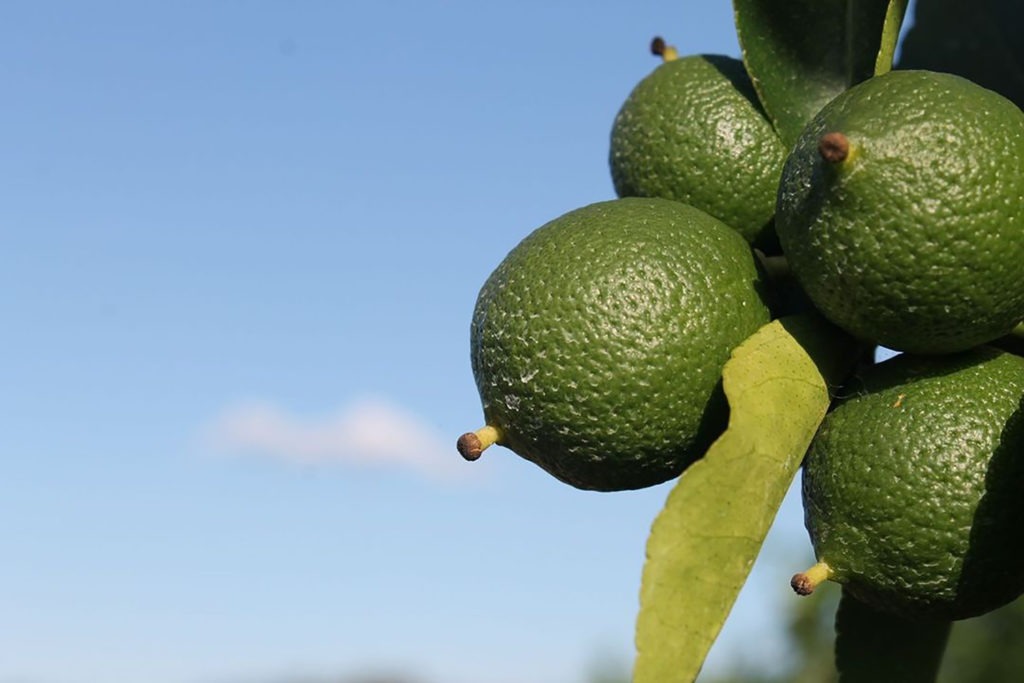
Proposed lime imports an unacceptable biosecurity risk
Officers from the Federal Department of Agriculture, Water and the Environment held a meeting in Queensland yesterday to discuss an import risk assessment that proposes to allow lime imports from Mexico, the world’s largest lime producer.
More than 50 fruit growers from the district attended the meeting. All plan to take their concerns to Queensland Agriculture Minister Keith Furner and Federal Agriculture Minister David Littleproud. Many growers shared their concerns that allowing imports of Mexican limes would impact profitability of their farms. Especially at a time when labour is difficult to access and many are still recovering from impacts of the pandemic.
In addition, Nathan Hancock, Citrus Australia‘s CEO, has expressed concern that the import risk assessment failed to adequately consider a number of serious pests.
“Some of those pests have the potential to transmit serious plant diseases into Australia,” he says. “My greatest concern is the lack of scientific enquiry around the recent outbreak of citrus canker [a serious bacterial disease of citrus trees] in Mexico. Australia was only recently declared free from citrus canker following an outbreak in 2018.
Australia produces 30,000 tonnes of limes a year, with 28,000 tonnes produced in Far North Queensland. Lemons and limes are the primary source of income for most growers in the region. They are already facing lower prices, as supply is currently outstripping demand.
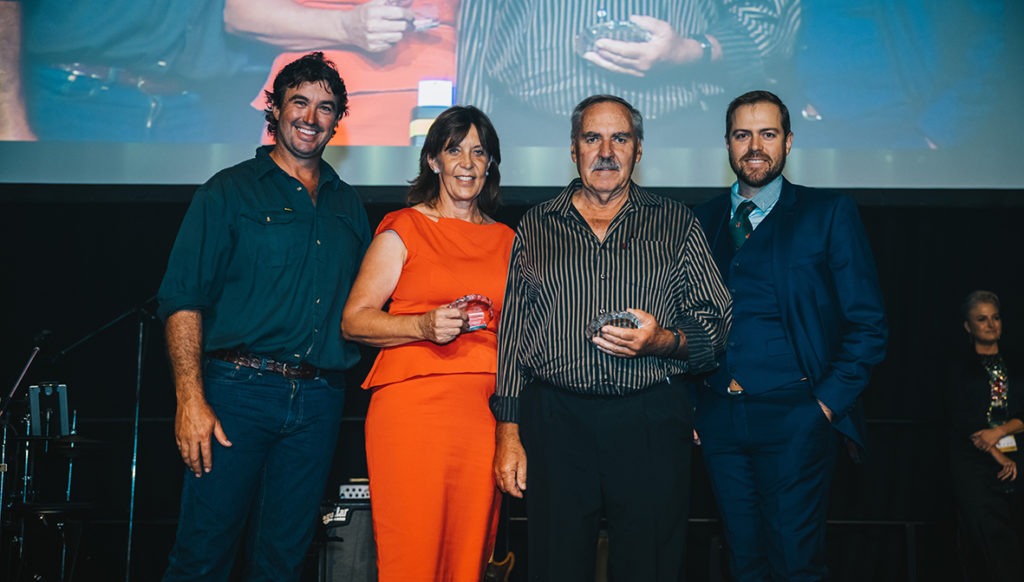
Banana industry’s best
The banana industry celebrated the work of five of its best at a gala event in Cairns last week. The Australian Banana Industry Congress presents the Awards of Honour every two years. This year, the Australian Banana Growers’ Council also introduced the Future Farming Award. The award recognises the environmental efforts of growers.
Award of Honour: Peter and Franziska Inderbitzin
Peter and Franziska Inderbitzin are innovative, sustainable growers who, to this day, are the only banana farmers in Australia to utilise the South American cableway system. Banana plantations use this mechanism to transport large quantities of bananas to processing plants. They were also among the first to welcome overseas workers through the Pacific Labour Scheme and have led the way in using recycled organic waste for compost on-farm.
Award of Honour: Dennis Howe
In 1995, Howe became the first person to plant Cavendish bananas in Walkamin on the Atherton Tablelands. At the time, the area was believed to be too cold for anything other than Lady Fingers. He’s subsequently become the country’s second-largest producer of Cavendish bananas, employing some 500 people around the Mareeba and Atherton regions.
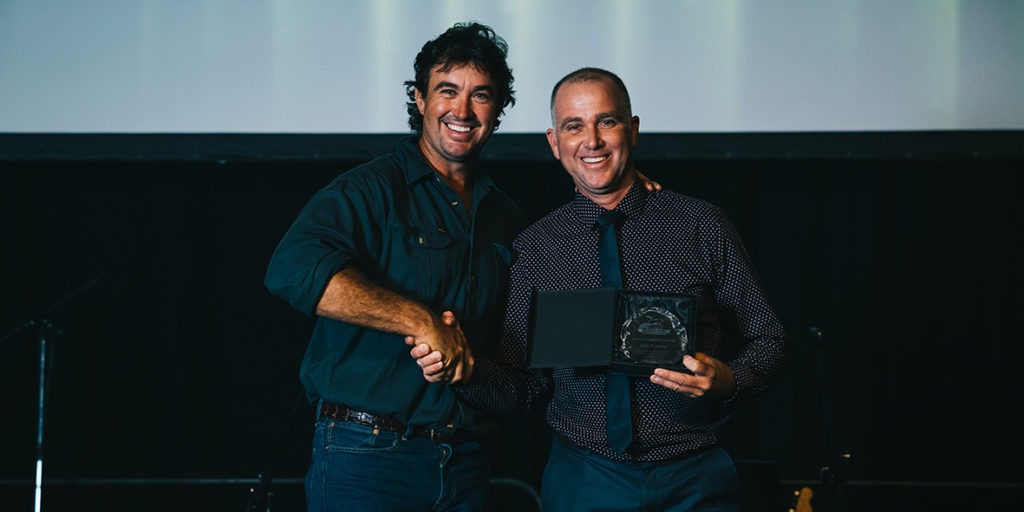
Award of Honour: Jeff Daniells
Research horticulturist Jeff Daniells has travelled extensively to identify disease-resistant banana varieties for Australia and Pacific nations. As a result, he has developed scientific relationships that have greatly benefited the banana industry in Australia. Daniells is currently leading importation of new varieties under the Banana Plant Protection Program.
Future Farming Award: Gavin Devaney
Devaney has converted a former cane paddock into a best practice banana farm with innovative runoff solutions. As a result, he has improved the layout of the farm and reduced its environmental impact while maintaining its productivity and profitability. He has made land available to trial new methods on-farm, and also participates in the Smart Farms project. This uses remote sensing to measure aspects of best management practice.
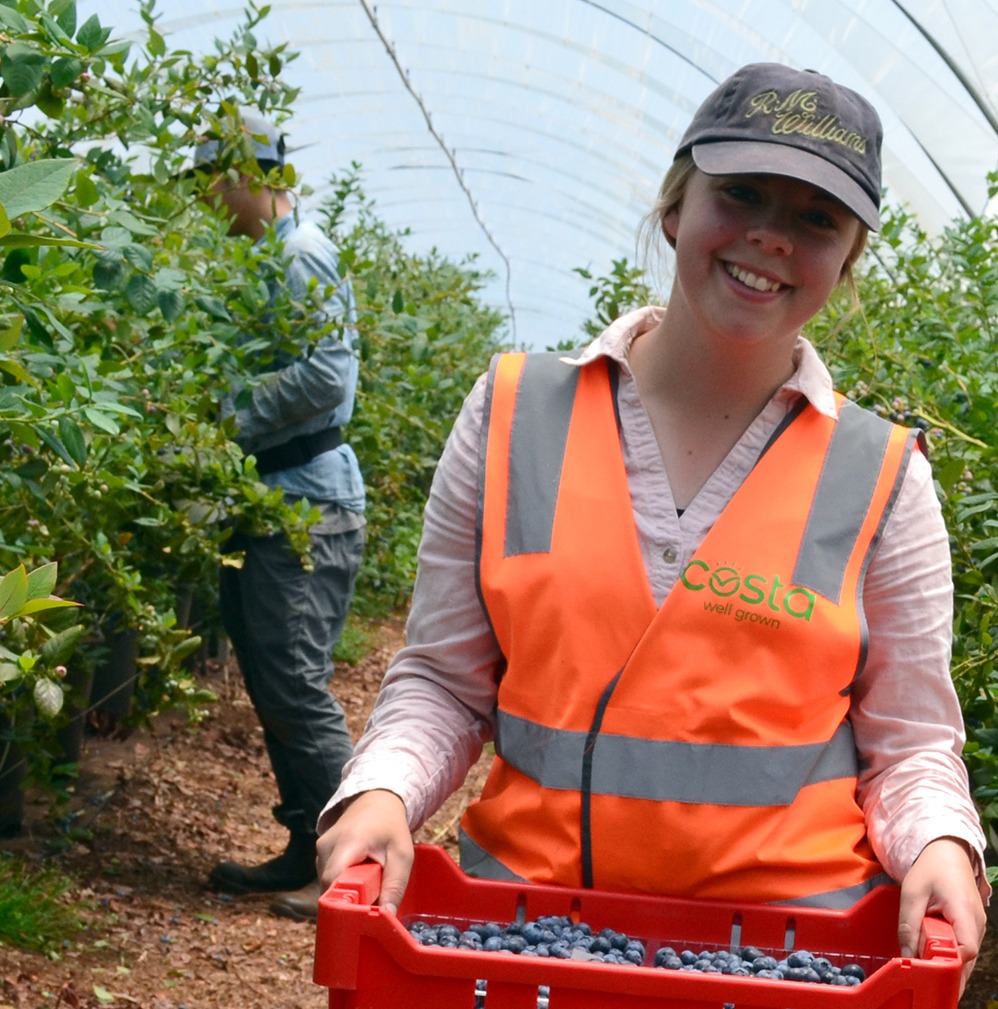
Research maps blueberry quality after harvest
An honours student is using an electronic tongue as part of a research project that examines how the storage conditions impact the quality of blueberries.
Sarah McKay, who’s the 2021 recipient of the Costa Honours Scholarship in Agricultural Science, is investigating post-harvest storage conditions and the influence this has on key quality characteristics of blueberries, such as taste, texture, colour and aroma.
These characteristics are tested by using an electronic tongue, also known as an “e-tongue”. A number of other instrumental methods and a human taste panel are also used.
“The e-tongue has not been used extensively on fresh fruit produce, especially blueberries,” says McKay, who is studying a Bachelor of Agricultural Science with Honours through the University of Tasmania. “So this is a major focus for my project.”
The results from McKay’s instrumental methods, along with a human taste-testing panel, will help to map consumer fruit-buying habits based on quality characteristics.


